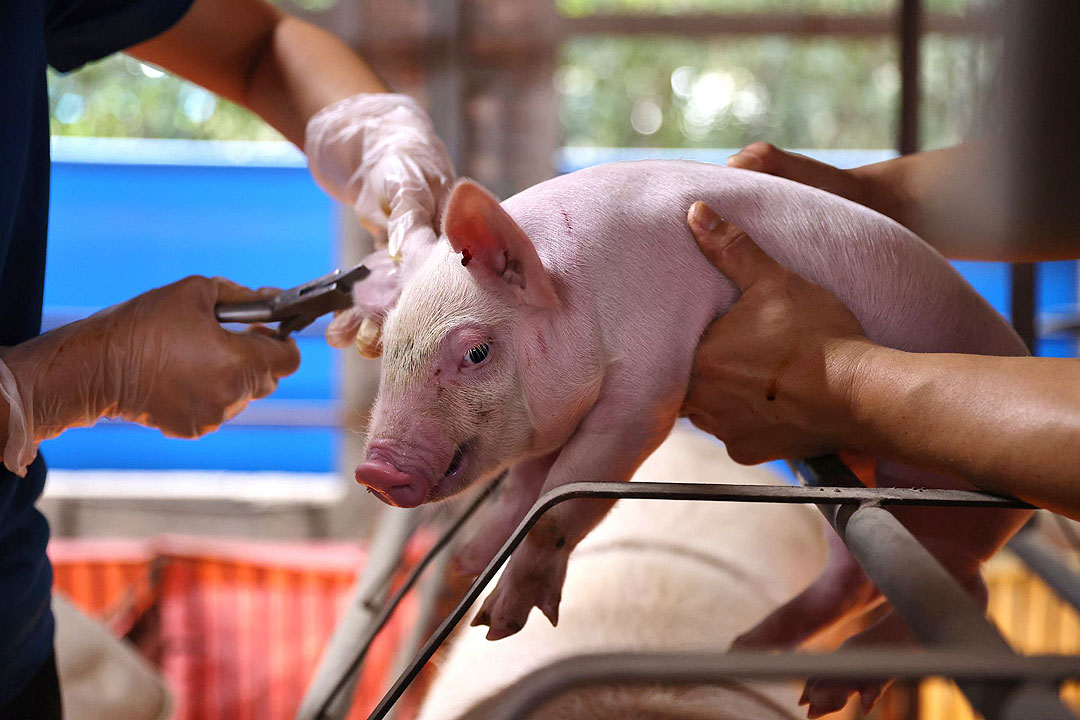
MODERNIZING the hog industry’s biosecurity practices will help growers more effectively contain future outbreaks of animal disease, Cargill Philippines said in a roundtable discussion on Wednesday.
“Modernization includes modern facilities, but of course it should also include modern methods around biosecurity and sharing best practices on how to do that inside the farm,” Sonny Q. Catacutan, Cargill Philippines managing director, said.
Mr. Catacutan said Cargill has a playbook for African Swine Fever (ASF) which it will detail in an upcoming Animal Nutrition Summit, where participants will discuss techniques for keeping farms healthy.
“Digitalization should be at the core of modern farming, allowing our farmers to have the right data that direct production decisions,” he added.
Cargill is a global leader in animal nutrition and a major trader of agricultural goods.
Ruth S. Miclat-Sonaco, director of the National Livestock Program at the Department of Agriculture, said that the department is focused on monitoring hog health and repopulating the depleted Philippine herd.
The repopulation program is known as the Integrated National Swine Production Initiatives for Recovery and Expansion, which in 2024 will focus on “providing additional equipment to further modernize facilities,” she added.
Rolando E. Tambago, president of the Pork Producers Federation of the Philippines, Inc., said modernization “should be driven by the private sector.”
“If really wanted to move forward and be competitive globally, then the private sector should lead the way,” he added.
Ms. Sonaco said the outlook for the hog industry is positive over the next two years, citing the turnaround in hog population trends starting in the second quarter of 2022 after a growth rate in the “low negatives” over the previous three years.
She said government budget constraints remain an issue.
“We were asking for approximately P33 billion (in 2021) for a three-year program to restore the base of breeding hogs.
The Bureau of Animal Industry estimates that as of 2022, ASF outbreaks have been detected in 4,418 barangays, up from 2,139 in 2021.
Alfred Ng, vice-president of the National Federation of Hog Farmers, Inc., said farmers are reluctant to repopulate, viewing it as a risky investment.
“Of course, farmers are enjoying higher farmgate prices right now, but still they think of the risk,” he said.
He estimated the cost of repopulation at P25,000 per breeder.
“We know it’s so difficult to get funding from the government. If the budget is really for repopulation, I think they should concentrate their (efforts) on purchasing breeders,” he said. — Sheldeen Joy Talavera



